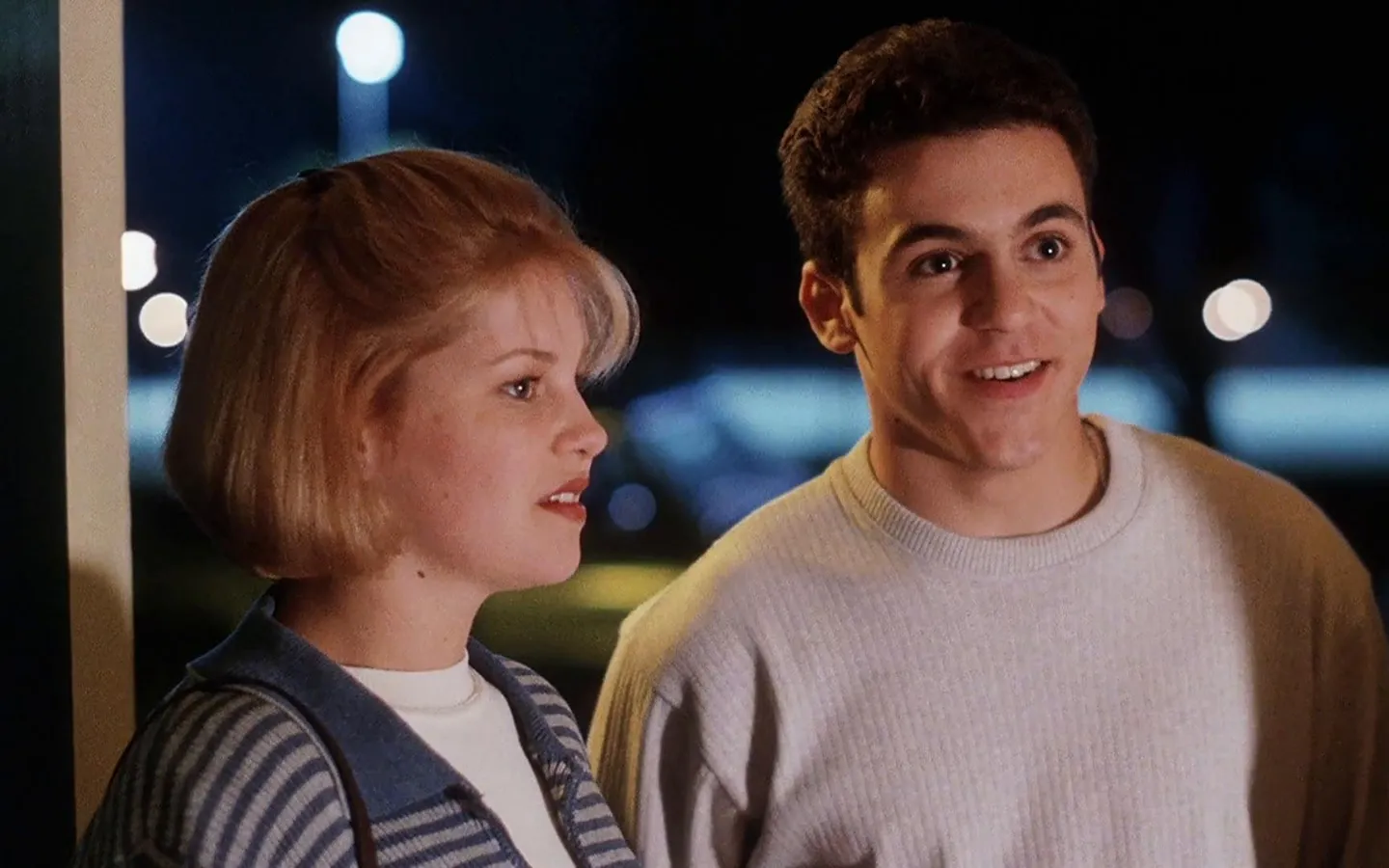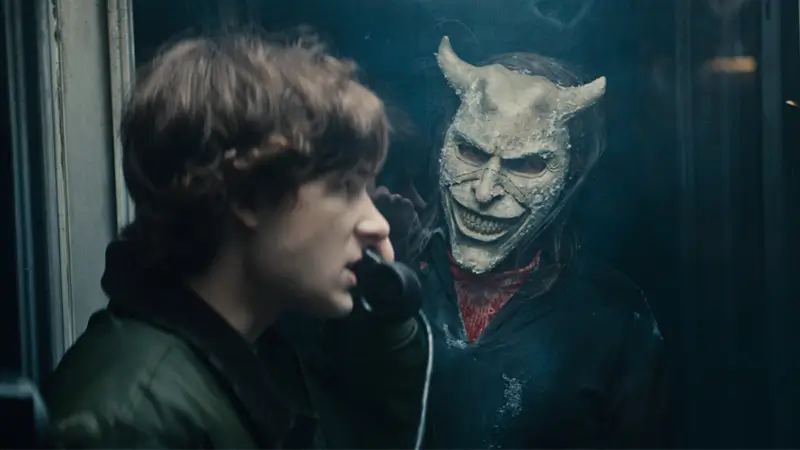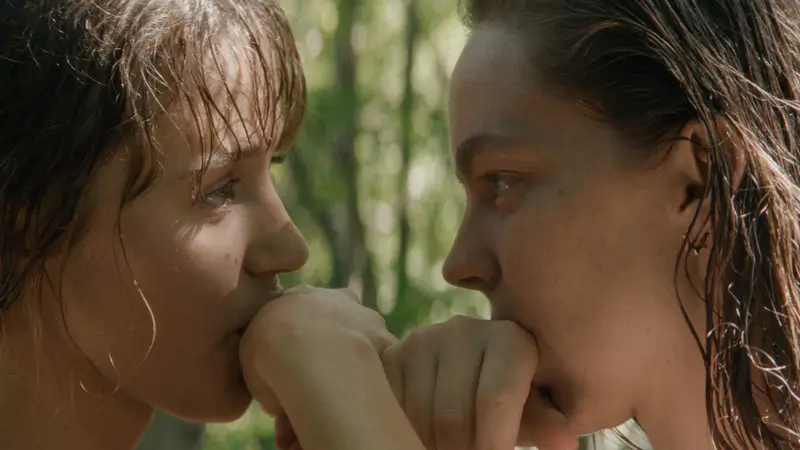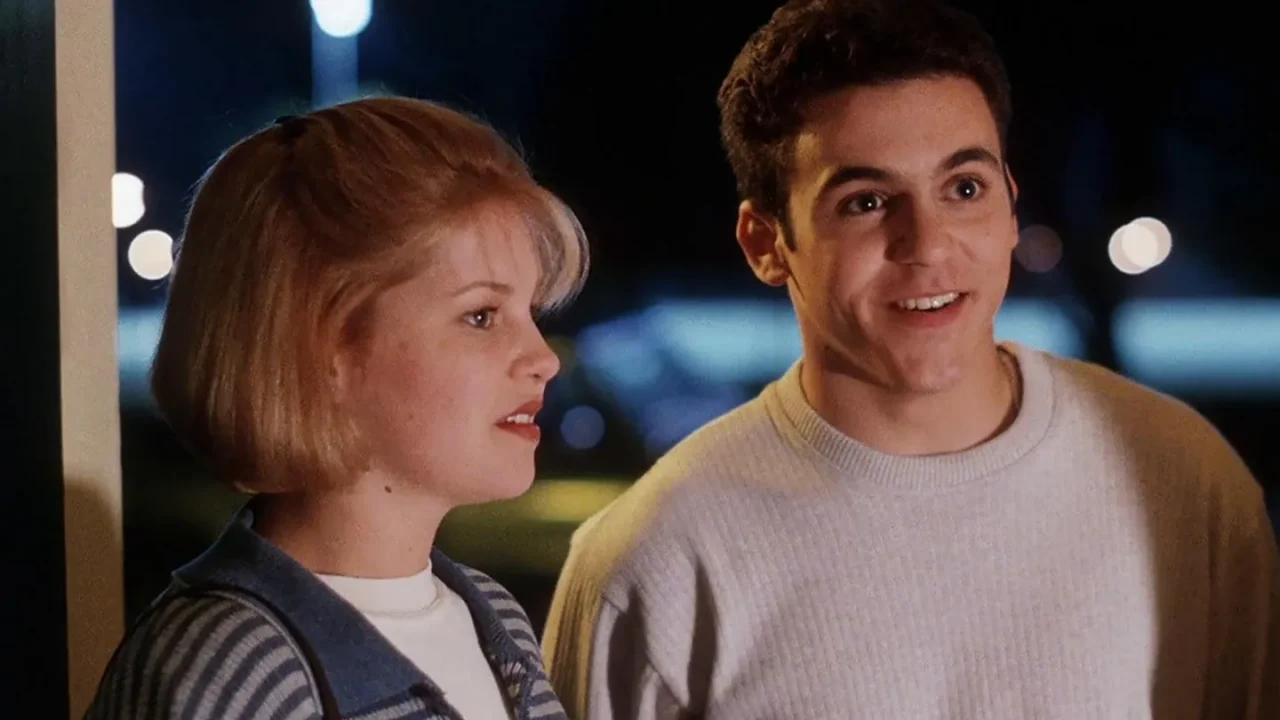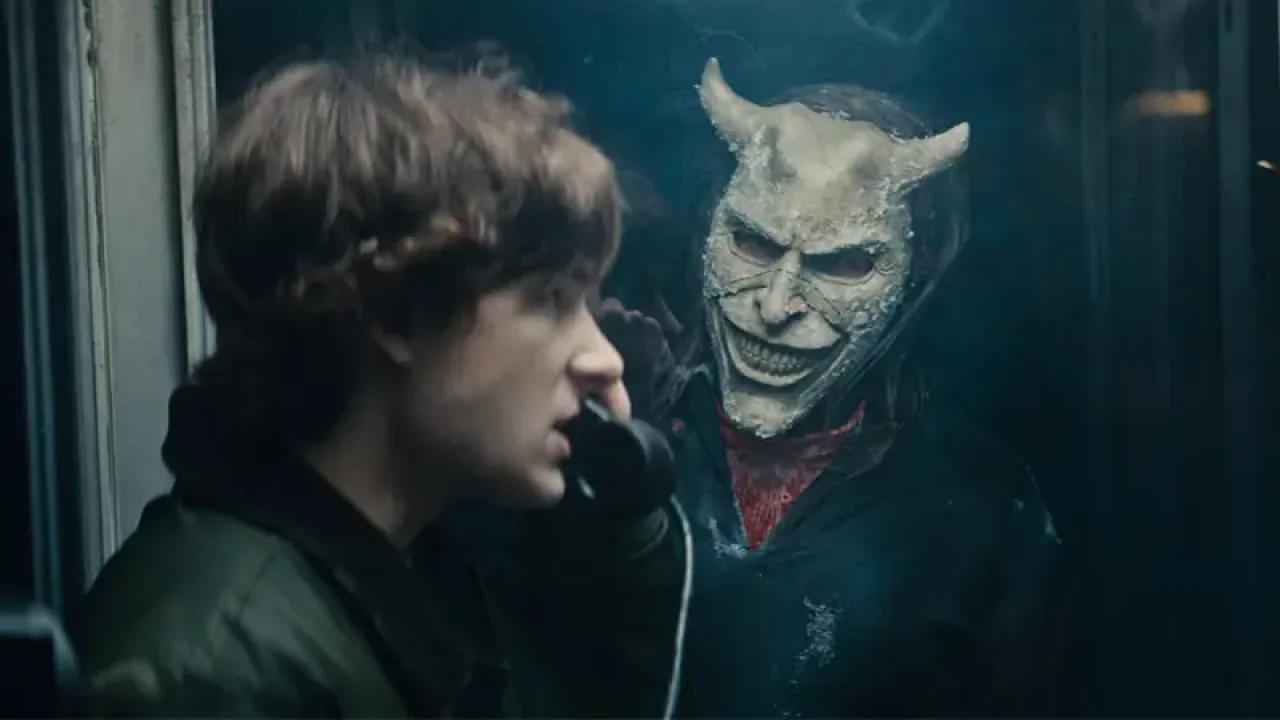Back in 1968, when Philip K. Dick published his science fiction novel Do Androids Dream of Electric Sheep? (USA), the notion of androids whose artificial intelligence (AI) could simulate human intelligence seemed quite distant. And technically it still is, but the text already revealed a central idea for the film The Artifice Girl (USA, 2022): that “electric” or synthetic organisms were inferior to humans and therefore deserving of lesser consideration.
Androids—in their conception as automata similar to humans merely in appearance—are not, at least in principle, the subject of this feature film, the directorial debut of Franklin Ritch originally released in 2022, prior to the massive rise of ChatGPT and other large language models (LLM) labeled as AI. What matters here are the ethical implications of developing technology so advanced that it’s capable of surpassing human intelligence, despite being kept under human control.
What’s it about?
The Artifice Girl begins with a man, Gareth (Franklin Ritch), who is interrogated by Deena (Sinda Nichols) and Amos (David Girard), two investigators from an agency that tracks pedophiles online. Gareth is suspected of being one of them and, under pressure, reveals the truth: he’s not an abuser, but he has been using Cherry (Tatum Matthews) to hunt them down and bring them to justice. Except Cherry isn’t a real 11-year-old girl: she’s an advanced AI programmed to execute the elaborate trap of finding these criminals, interacting with them, and obtaining their information to send it anonymously to authorities.
With this discovery, the agents raise questions about the possibilities of using Cherry to continue hunting child abusers, while grappling with the ethical implications, as well as uncomfortable doubts about her creation, her appearance, and what her exponential evolution could mean for her development of thoughts, opinions, and feelings.
- Also read: The Roses film review: Olivia Colman and Benedict Cumberbatch shine as a marriage in crisis
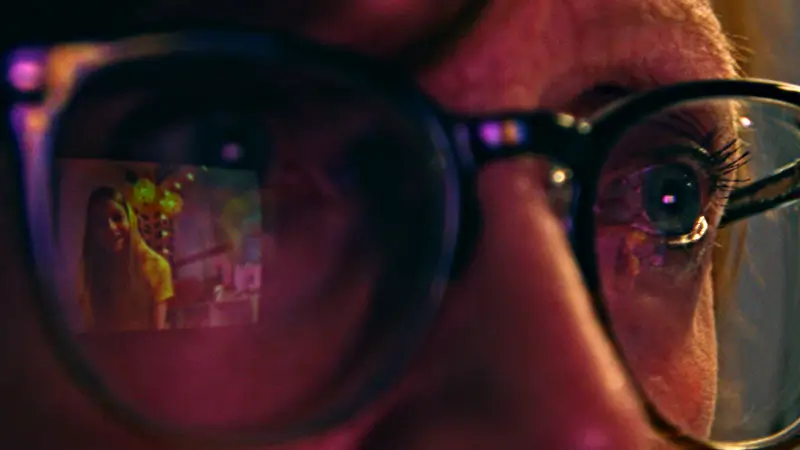
The Artifice Girl questions what we perceive as real
It’s worth noting, first, that The Artifice Girl is an independent production with modest resources—it was nominated for the John Cassavetes Award at the Spirit Awards, given to films made for less than a million dollars. However, it makes good use of limited elements.
The plot unfolds in three acts, each set in different time periods and in single, confined spaces. Therefore, great weight falls on the performances (all good, particularly Ritch’s own), the cinematography (efficient, but rarely more), but above all on the dialogue. This is a film that lives and dies by posing its big questions verbally, sometimes complemented by the visuals. This isn’t negative in itself, but be prepared to dissect every word that comes out of the characters’ mouths.
The first great achievement of The Artifice Girl is to present a vision in which the use of AI is not only considerably more useful, but also more positive than merely creating Studio Ghibli-style images and other internet garbage. It’s technology in service of the common good, for the prevention of one of the most atrocious crimes imaginable.
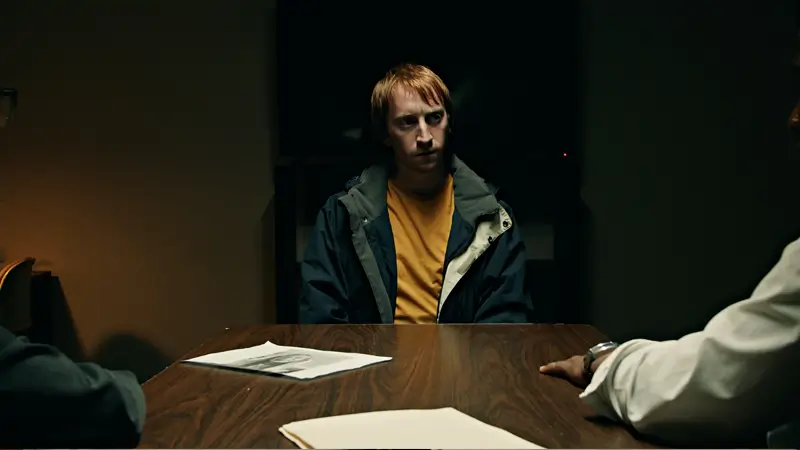
However, this also brings with it another series of questions. Is it ethical to use Cherry as bait, even if she isn’t “real”? What do we consider as “real” in this case? Are her experiences with predators not real, just because they’re stored on a hard drive instead of an organic brain? If they’re not real, how can she learn from them to do her “job” better? And the big question that results from all these: can Cherry, therefore, feel, create, and develop as a “person”?
These questions are planted just in the first act of The Artifice Girl. And the film doesn’t seek to be an apology for AI in the limited conception of LLMs and other machine learning models, but rather examines the vital question of what is real, since reality is perceived and interpreted by thinking beings, regardless of whether they’re biological or synthetic. And above all, it speculates about scenarios in which the latter surpass the former in capabilities.
And of course this brings other chilling implications. If Cherry is capable of all the above, the idea of subjecting her to the nature of her work becomes terrifying. The characters constantly remind themselves that she isn’t “real,” but the fact that she can develop the capacity to “be real,” even without a “body,” raises concerns about her emotions and about the adults in charge. Is a minor being sexualized, even if conceived as a tool programmed for it? Does the mind need a body to “be,” in the end?
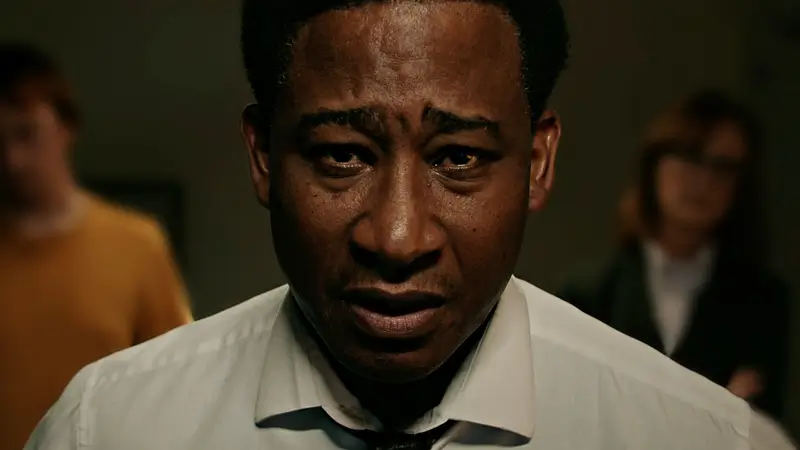
As with everything in speculative fiction, the answers aren’t simple or achievable since they’re hypothetical scenarios. However, we can visualize them closer than ever. The density and seriousness of these approaches is what elevates The Artifice Girl above other similar—and more expensive—proposals on this topic, like Ex Machina (USA and UK, 2015), Archive (UK, 2020) or the very Blade Runner (USA and Hong Kong, 1982), which tend toward the spectacularization of the thriller and even toward sexualization or exploitation.
There’s a hint of sexualization here, undoubtedly, given the sordid nature of the premise. However, with fewer resources, Ritch proposes questions worth pondering regarding our tireless, unstoppable, and blind march toward creating a synthetic intelligence above the human.
The Artifice Girl is now available on streaming platforms, check out the options to watch it.




